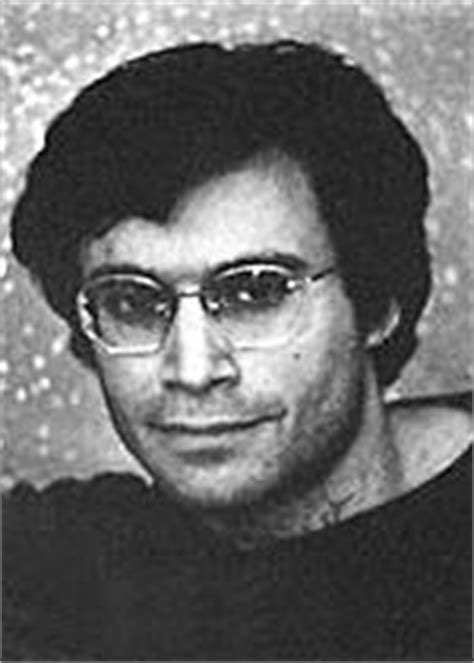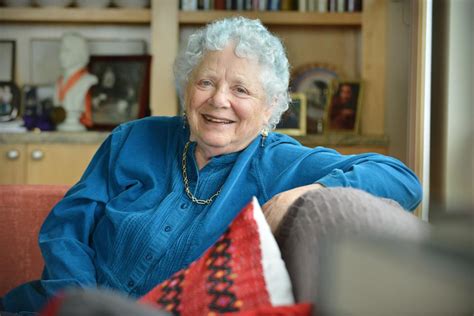A Quote by T. E. D. Klein
Horror, let's face it, is basically pretty dumb. You're writing about events that are preposterous, and the trick is to dress them up in language so compelling that the reader doesn't care.
Related Quotes
Nice writing isn't enough. It isn't enough to have smooth and pretty language. You have to surprise the reader frequently, you can't just be nice all the time. Provoke the reader. Astonish the reader. Writing that has no surprises is as bland as oatmeal. Surprise the reader with the unexpected verb or adjective. Use one startling adjective per page.
There is all this stuff about how sensitive poets are and how in touch with feelings, etc. they are, but really all we care about is language. At least in the initial stages of the process of writing the poem, though later other things start to come in, and a really good poem usually needs something more than just an interest in the material of language to mean anything to a reader.
If having a story that's compelling - you want to know what will happen - is traditional, then ultimately I am a traditionalist. That is what readers care about. It's what I care about as a reader. Now if I can have that along with a strong girding of ideas and some kind of exciting technical forays - then that is just the jackpot.
I had a teacher once who said, "If you are going to write fiction, you should only read poetry." I have always been interested in the writers who care about their sentences and who really work on that level. I have always said that I hate writing, I love revision. So, the language is really important to me. And the comedy and the horror that come out of the language.
I think the trick of being a writer is to basically put your cards out there all the time and be willing to be as in the dark about what happens next as your reader would be at that time. And then you can really surprise yourself. There's that cliche, "No surprise for the writer, no surprise for the reader!"
That underscored this idea that when we're reading a book or writing a book, you're in an act of co-creation. The reader and the writer are both trying to dress up and present their best selves and then there's that moment, when suddenly, as a reader, you're not exactly you anymore, and likewise, as a writer, you're not really you.
There's a continuity between what I care about in any form: I care about it in my music, in article-writing, in how I dress, in how I live, in my relationships, in how I navigate paparazzi, how I decorate my home. There's such a continuity between everything that I don't really care what form it shows up in.



































